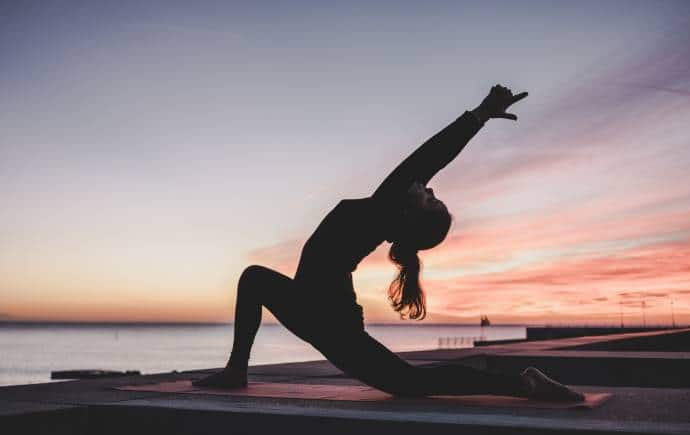



Note to readers: The Whole Truth is a fortnightly column that helps you make sense of the new age of wellness
The Union government has made “proof of qualification” mandatory for India’s wellness influencers. It’s a welcome move, and should extend to anyone promising cures without scientific backing — like, for example, cow urine experts.
The spot’s on quacks and woo-woos. Recently, the Union government announced that it is mandatory for all health and wellness influencers to disclose their “qualifications”. Earlier this year, the Advertising Standards Council of India (ASCI) also released guidelines for influencers to disclose their relationship with brands and the nature of the promotional content. “The government is raising its regulation of influencers, up a notch, with the new guidelines for those promoting brands and products related to healthcare and wellness. It’s a burgeoning category that has a direct impact on people’s health,” Rohit Kumar Singh, secretary to the department of consumer affairs, said in a statement.
It isn’t specified what a “qualification” could mean — there are several private institutes, most of them with some accreditation with an American certification body, that offer certificates to become a wellness coach, a yoga expert or a nutritionist. A simple google search throws up an endless scroll of institutes in various cities — Weljii and Unhurry School of Healing come up in multiple searches, run by people who have, on first glance, been in business for several years now. Practices like reiki, meditation, pranic healing, yoga therapy have existed in our country for decades, some, perhaps, for centuries even. So, who can dispense advice, and what is the difference between trying a service or a product and posting a review on social media, and prescribing pro tips and advice to cure or heal a certain condition or ailment? And what is scientific backing? On what basis do we believe — was at least urged to believe during the grim reaping pandemic years — that cow’s urine or a mass worship or collective utensil-banging near our windows could arrest a galloping virus?
 A majority of wellness and health influencers in India are related to yoga. (Photo: Kike Vega via Unspalsh)
A majority of wellness and health influencers in India are related to yoga. (Photo: Kike Vega via Unspalsh)Wellness is a trillion-dollar global business (read about the latest Global Wellness Institute report here). Currently valued at over Rs 12 billion, the Indian influencer space is projected to grow at a compounded annual growth rate of 25 per cent over the next five years, according to a 2022 report by the market data analysis company Statista. The report also said food-related content attracted the most followers with 41 per cent of respondents followed by lifestyle and fashion. Health and wellness come way below with a 26 per cent share of respondents. A majority of wellness and health influencers in India are related to yoga (“master in yoga therapy” is a qualifier often used) Ayurveda and natural cures, fitness and body sculpting. It is an exploding market of easy money, and rigorous checks and balances are a welcome move, if standardised rules for qualification and implementation are in place.
Wellness influencers are a post-pandemic storm. In the US, it exploded first, with various celebrities taking to Instagram during the lockdown months, urging followers to think beyond Paracetamol and Remdisivir. There was something distressing about healthy systems across nations crumbling, and a few locked in their new-age boudoirs and kitchen equipped with sea kelp, exotic mushrooms and ashwagandha dust translating the crisis into brand moments. From Gwyneth Paltrow’s Goop to Amanda Chantal Bacon’s Moon Juice, celebrities sold adaptogens and immuno-modulators promising hope of escaping the virus. But they were heard, and followed. Most wellness evangelists tend to bridge the scientific and the mystical with supreme confidence. Millions bought into them during the pandemic because that was a time when self-care felt urgent, desperate and hopeful. Faced with mortality, we wanted a way out; existing systems had failed apocalyptically.
Wellness influencers drive the idea of an active, positive pursuit organised around the self — a luxury in the strictest sense. When, over time, the pursuit extends beyond the self it starts to have an impact on our families and communities. A well-defined set of regulations will make the job of wellness influencers more responsible, robust, authentic and inclusive.
Discover the latest Business News, Sensex, and Nifty updates. Obtain Personal Finance insights, tax queries, and expert opinions on Moneycontrol or download the Moneycontrol App to stay updated!
Find the best of Al News in one place, specially curated for you every weekend.
Stay on top of the latest tech trends and biggest startup news.